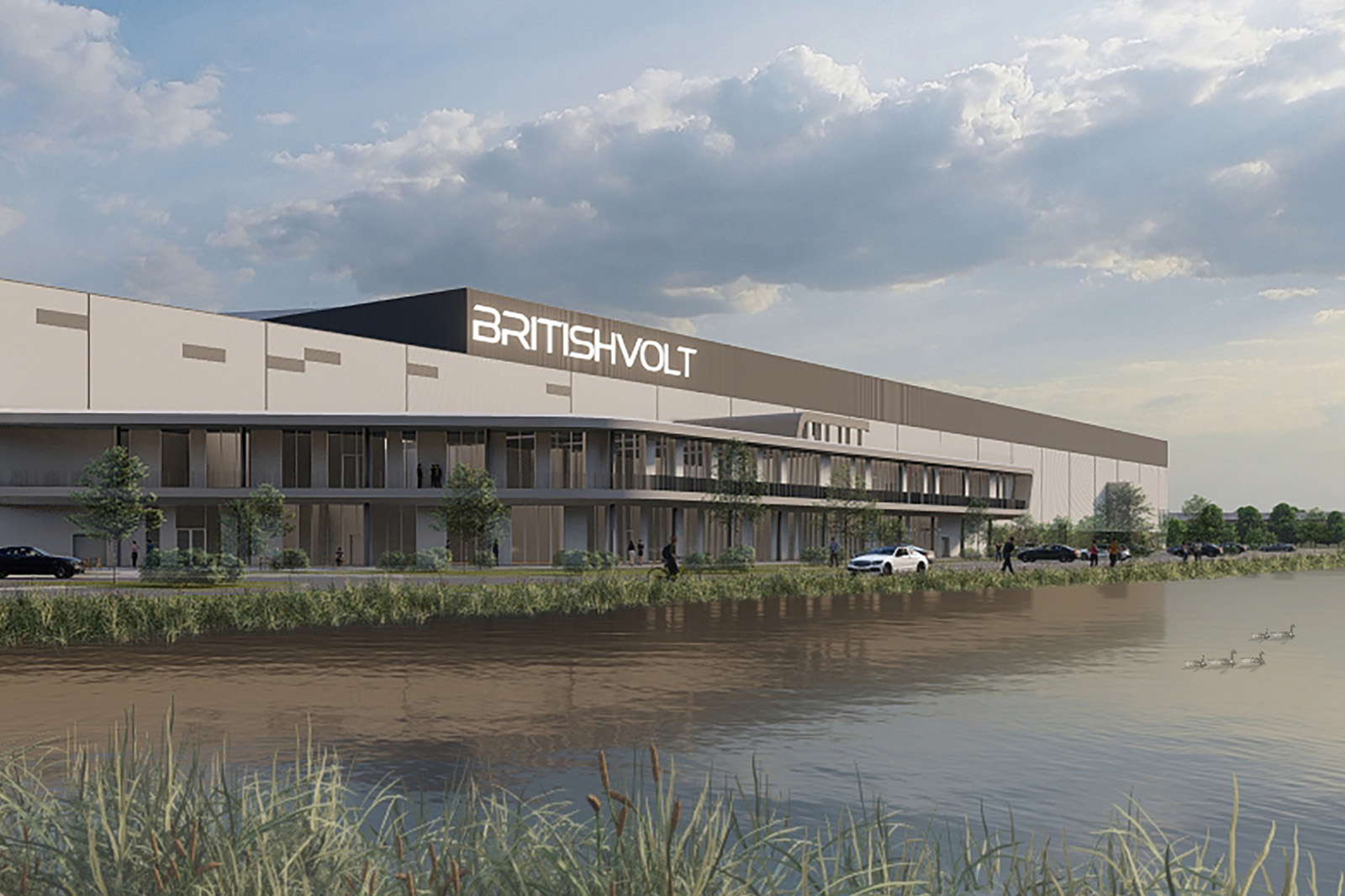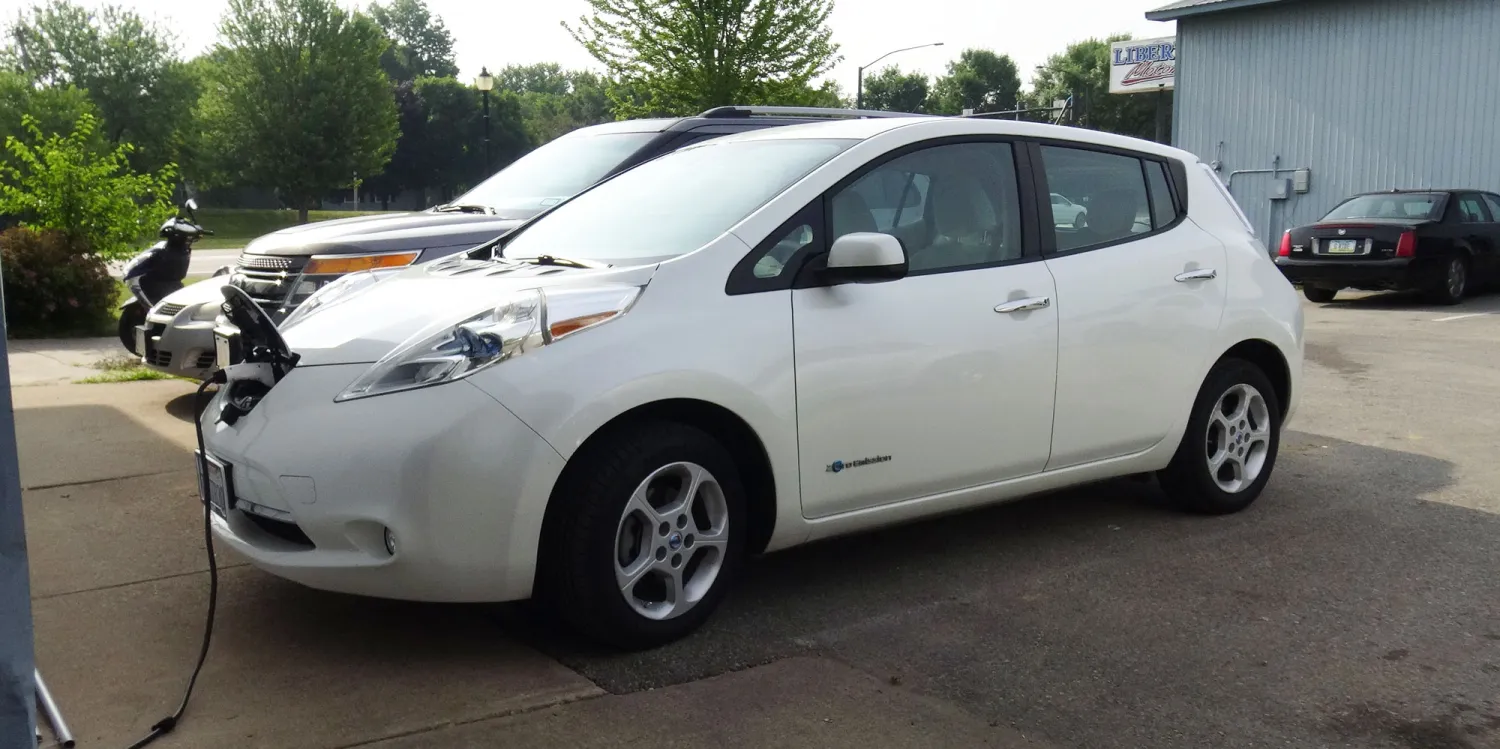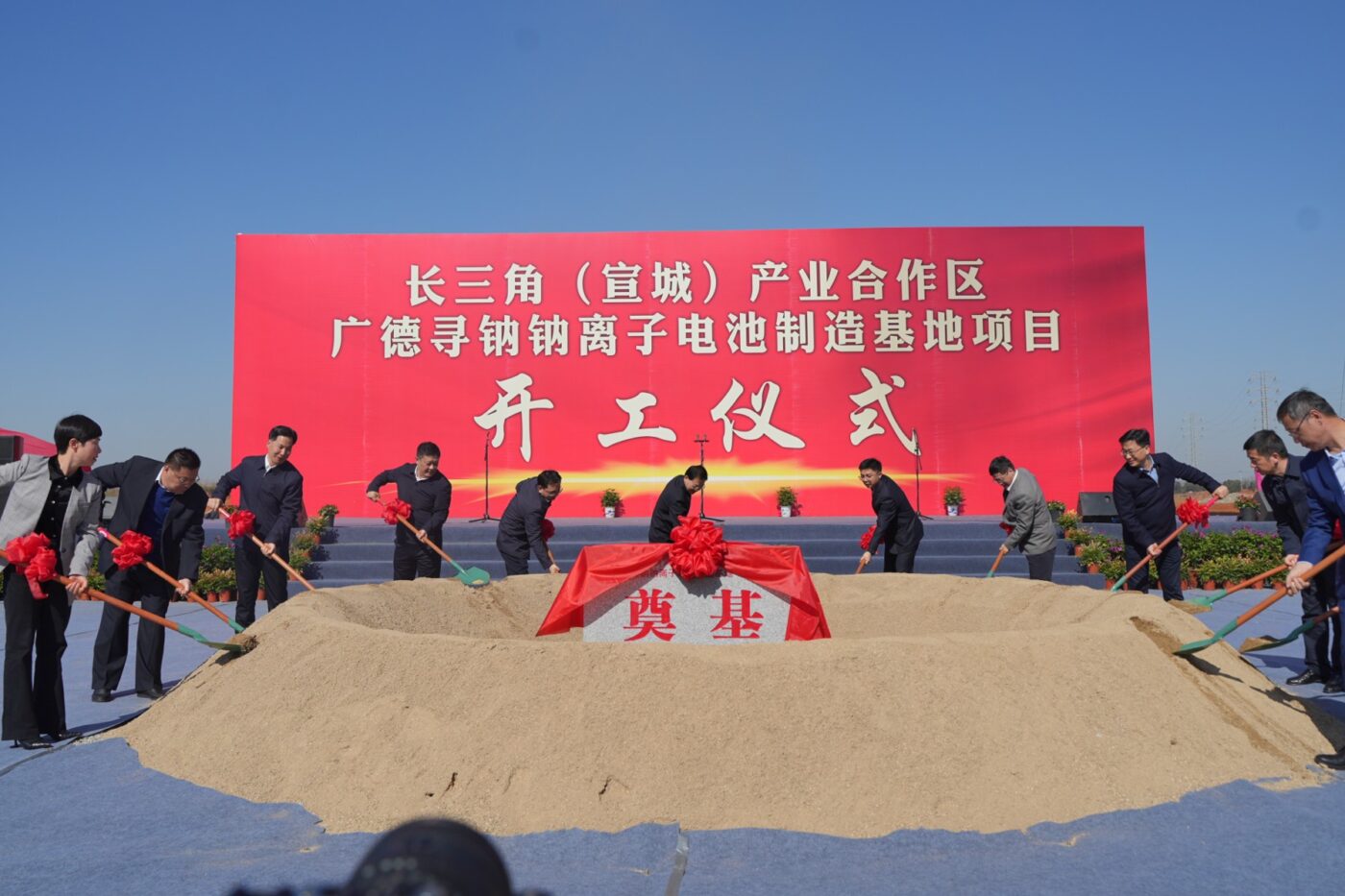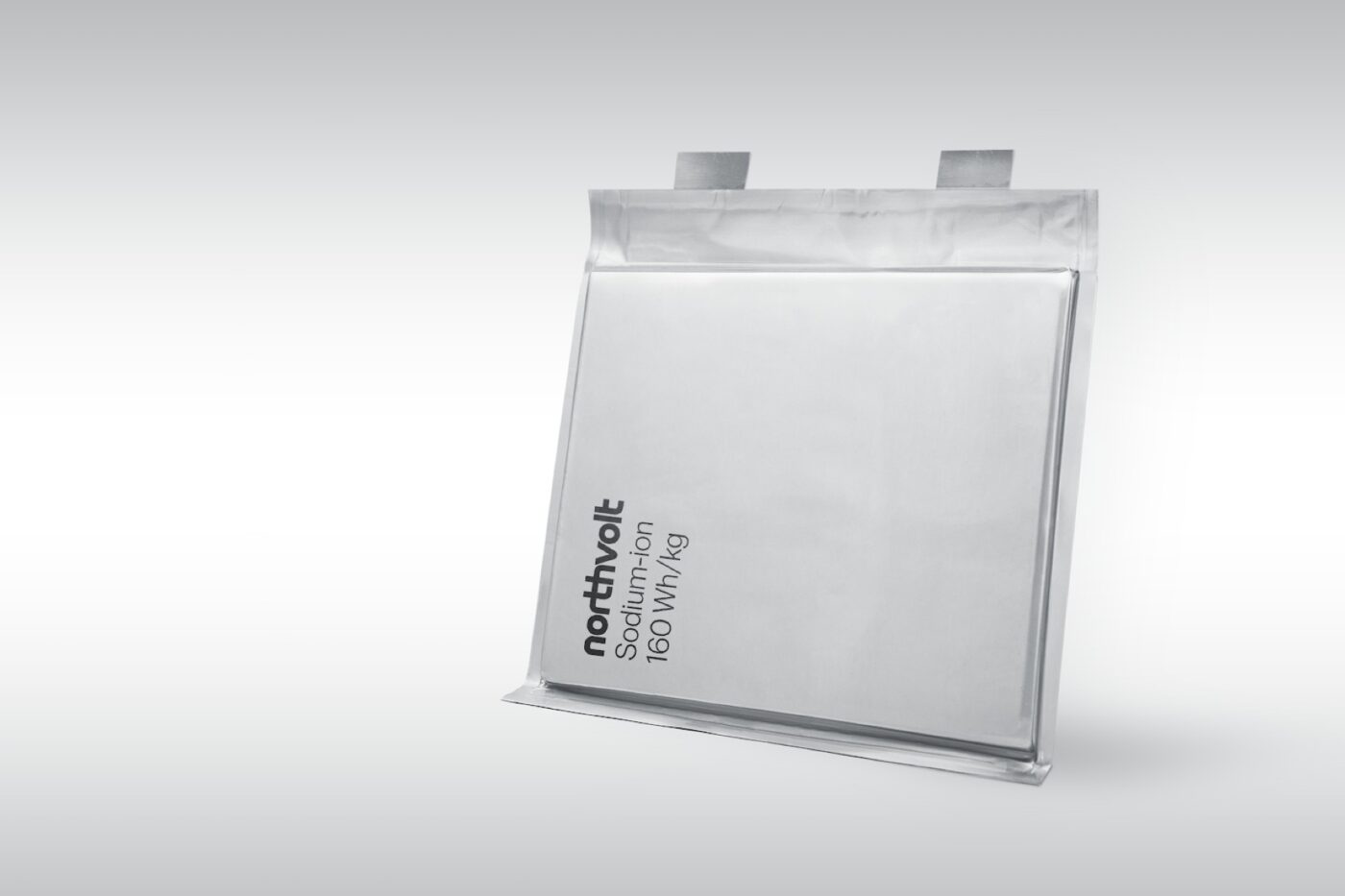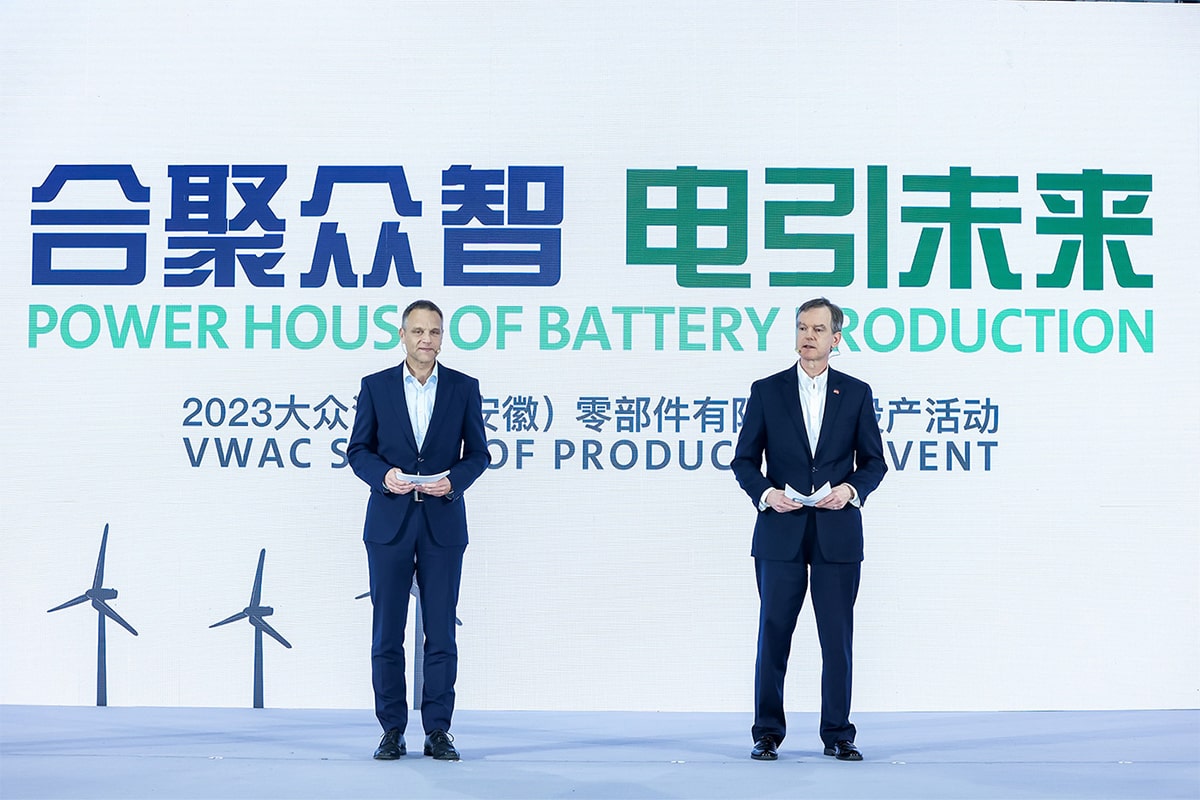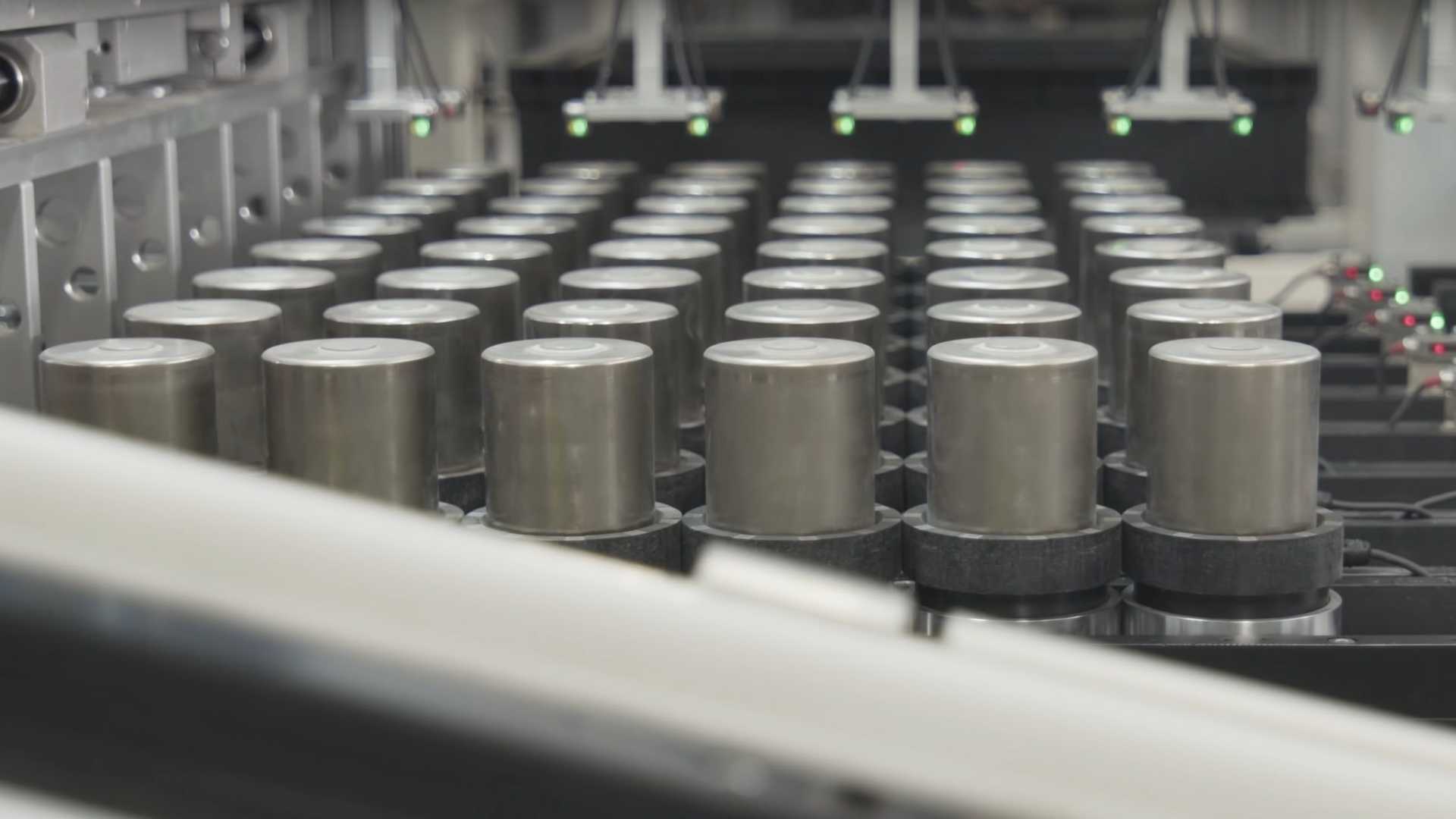Ford Motor Company revealed adjustments to its investment, capacity, and job projections for an electric-vehicle (EV) battery plant in Michigan. The move comes in response to criticism from U.S. lawmakers, who have expressed concerns about the use of technology supplied by Chinese battery manufacturer CATL.
The construction of the facility near Marshall, Michigan, which was paused two months ago, is set to resume. Ford’s revised plan involves producing low-cost lithium-iron batteries by 2026, leveraging technology licensed from CATL. Despite concerns raised by lawmakers, Ford asserts that it will own the factory and has extended an opportunity to the United Auto Workers to organize plant workers without a formal vote.
The decision has not been well-received by some lawmakers, including Representative Mike Gallagher, the Republican chair of the House committee on China. Gallagher expressed disappointment, stating, “The American people deserve better from an iconic U.S. company that receives massive taxpayer subsidies. Ford needs to call off this unethical deal for good.”
Ford is actively seeking approval from the U.S. Treasury Department for the lithium-iron batteries produced at the Michigan plant to qualify for Inflation Reduction Act EV subsidies. The company remains confident in the eligibility of these batteries for IRA benefits, despite concerns raised by critics.
In a bid to address the controversy, Ford is scaling back its initial $3.5 billion investment in the Blue Oval Battery Park Michigan. The original plan aimed for a production capacity of 35 gigawatt hours annually, employing approximately 2,500 people. The revised strategy reduces the plant’s capacity to 20 gigawatt hours and trims the workforce to 1,700 jobs.
This move mirrors a broader trend in the automotive industry, with rival General Motors also slowing down investments in new EV capacity for North America due to the impact of rising interest rates on demand growth. Ford’s decision to reduce its capital investment aligns with its October announcement of a $12 billion cut in overall future EV investments compared to previous plans. The company had previously deferred the construction of battery factories in Kentucky and Turkey.
As Ford adjusts its strategy in the rapidly evolving EV landscape, the industry awaits insights from General Motors, which has scheduled a briefing for investors on November 29 to provide an outlook on its own plans amidst the changing market dynamics. On Tuesday, Ford shares experienced a 1.5% decline, while GM closed down 2.2%, and Stellantis dropped 2.1% in New York trading. The Detroit Three automakers, including Ford, grapple with higher labor costs following newly ratified contracts with the United Auto Workers.


